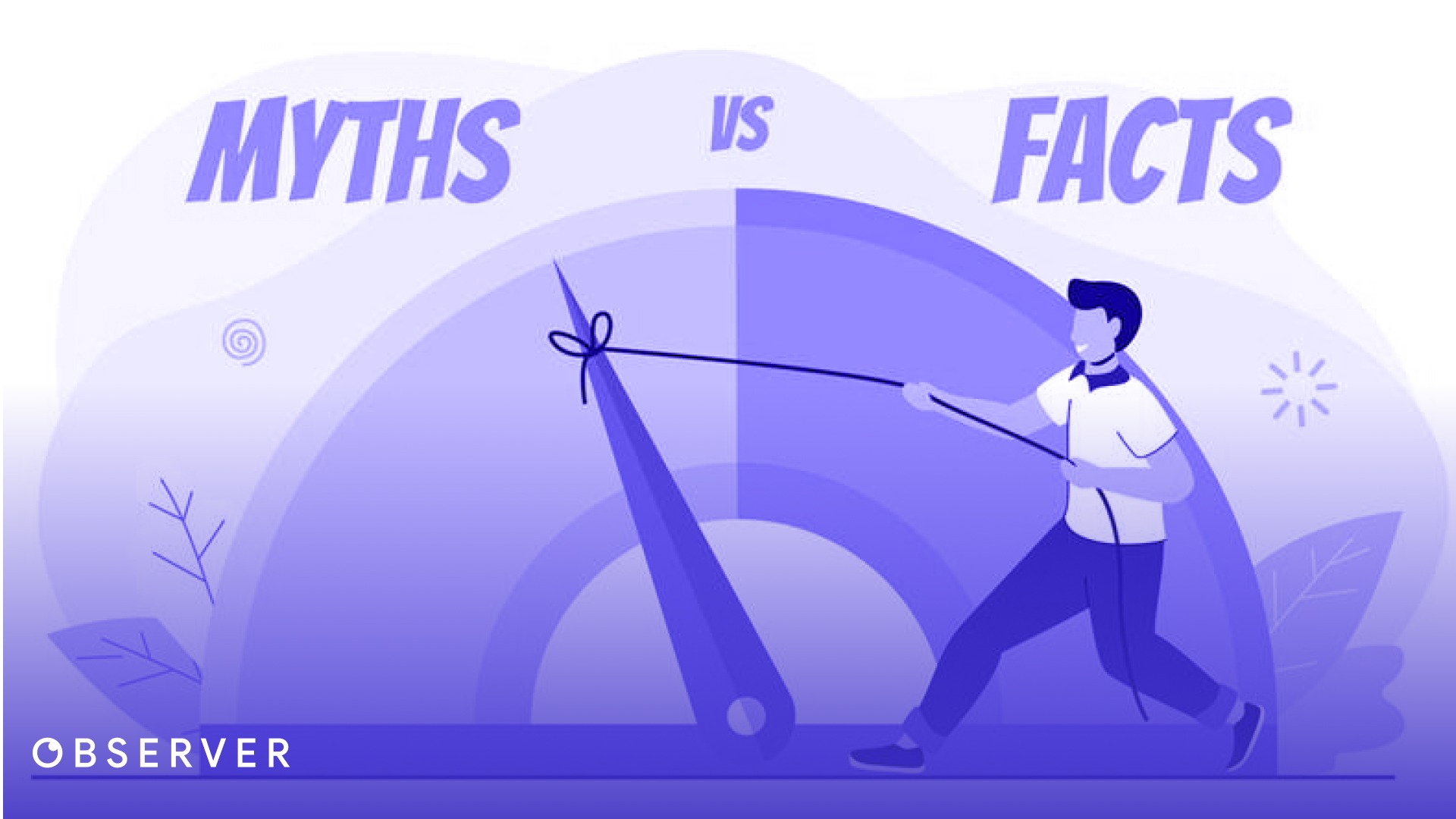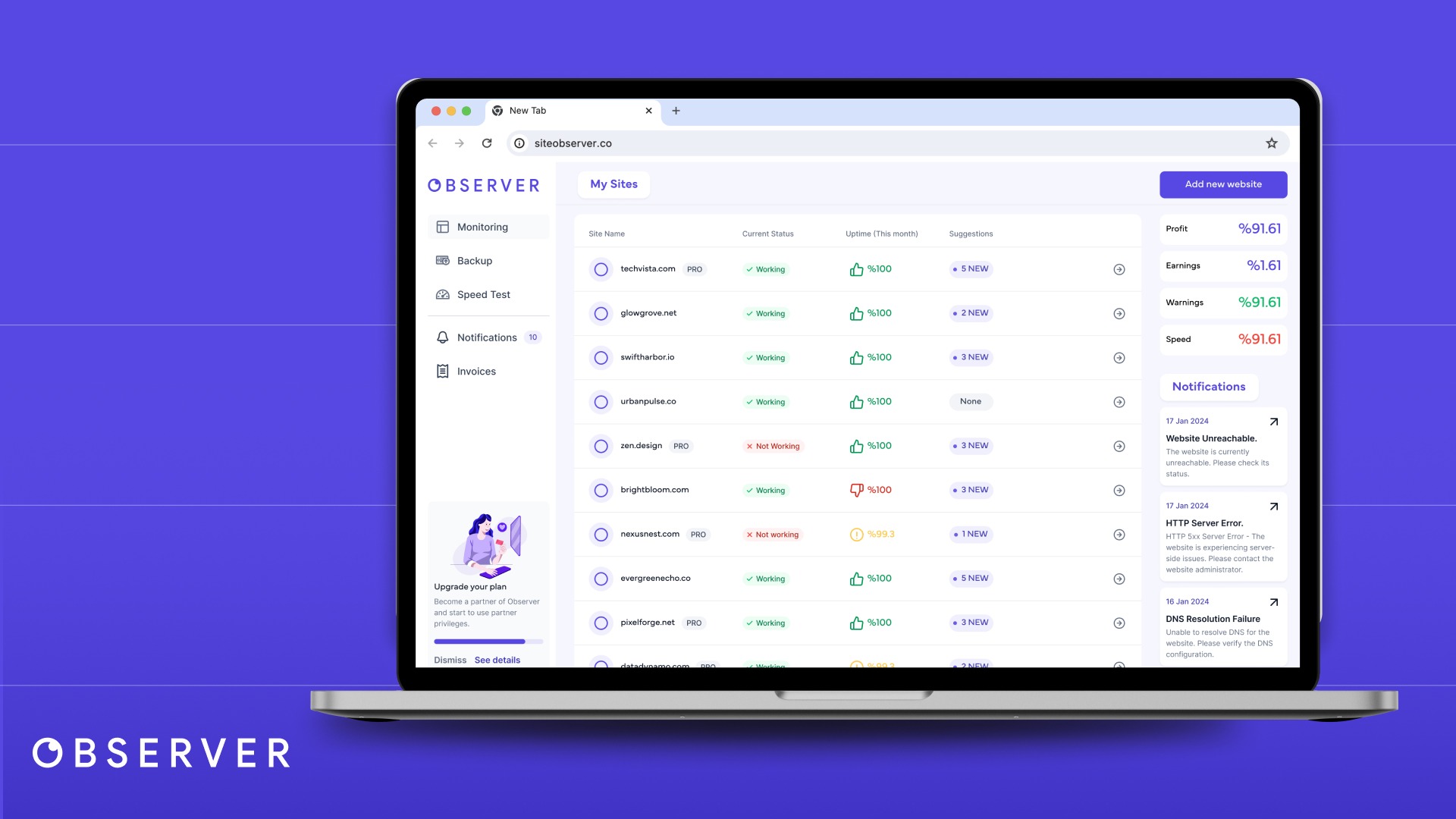What is Web Hosting and How to Choose the Right One for your Website.
In this blog post, we’ll dive into the world of web hosting. Understanding your options and knowing how to choose the right type of hosting for your website are crucial steps in managing a successful online presence.

In this blog post, we’ll dive into the world of web hosting. Understanding your options and knowing how to choose the right type of hosting for your website are crucial steps in managing a successful online presence. We’ll start by breaking down what web hosting actually entails, explore the different types available, and guide you through selecting the best option for your needs.
What is web hosting?
Simply put, web hosting is a service that allows you to publish your website on the internet. When you create a website, the content (text, images, or code) needs to be stored on a server that’s connected to the internet 24/7 so that people can access it at any time from anywhere.
Essentially, a web hosting provider rents out space on their servers where you can host your website’s files.
What are the different types of hosting?
While all types of web hosting serve the same basic function—storing your website on a server so that it can be accessed online— the architecture of these servers and how resources are allocated vary. Here is our most popular options;
- Shared Hosting: Shared hosting means your website is stored on the same server as many other websites. It’s cost-effective and suitable for smaller websites that don’t require extensive resources. This is like renting a room in a large apartment complex where you share resources like power and water with others.
- VPS Hosting (Virtual Private Server): VPS hosting is a step up from shared hosting. It’s like having your own flat in a building. Although you still share the building with others, you have your own space with your own resources. This type of hosting gives you more power and flexibility than shared hosting without the cost of running your own server.
- Dedicated Hosting: This type of hosting is like owning a standalone house. A dedicated server is exclusively yours; all its resources are devoted to your website. This is more expensive but necessary for websites that require a lot of system resources or need a higher level of security.
- Cloud Hosting: Cloud hosting is like renting space in a complex of buildings where you can expand or shrink your space as needed. This type of hosting uses a network of virtual servers that tap into an underlying network of physical servers. The main benefit is scalability, as you can easily increase your resources as your website grows.
Here’s a detailed table presenting the pros and cons of the four main types of web hosting options. This table is designed to help you easily compare the features to determine which hosting type best suits your website’s needs.
| Pros | Cons | |
|---|---|---|
| Shared Hosting |
|
|
| VPS Hosting |
|
|
| Dedicated Hosting |
|
|
| Cloud Hosting |
|
|
This table summarizes the primary advantages and drawbacks of each hosting type, providing you with a clear overview to guide your decision based on your website’s specific requirements and your technical capabilities.
Which One is Best for Me?
The good news is that you don’t have to commit to a single web hosting option from the start and stick with it indefinitely. If you’re just launching your website and it’s relatively small, starting with shared hosting is a practical and economical choice. It’s easier to set up and less expensive, making it ideal for those just entering the online space. While shared hosting might come with some performance limitations and may only support a limited level of traffic, it’s often sufficient for new sites and small projects.
As your website grows and your needs evolve, you can seamlessly upgrade to a VPS, which offers more resources and better control. This step-by-step approach allows you to scale your hosting solution as your website expands, ensuring your hosting capabilities always align with your current requirements.
Bonus: Microservices
I want to add a special note here about microservices architecture, a model that has become my personal favorite after two decades in software development. If your website is complex and continues to expand its features, you should definitely consider adopting a microservices approach.
Microservices architecture breaks your website into small, functional pieces, each operating independently and communicating with one another. This structure also allows each piece, or service, to be hosted separately, possibly even using different hosting options discussed earlier. This flexibility enables you to optimize each service according to its specific needs and scale parts of your website independently from others.
In this blog post, I’ve outlined the primary web hosting options available to you. In my next post, I hope to offer some practical advice and dispel some common myths about web hosting, helping you make even more informed decisions as you manage and expand your online presence.
Select free plan to meet or have a powerful assistant that includes all our features.



